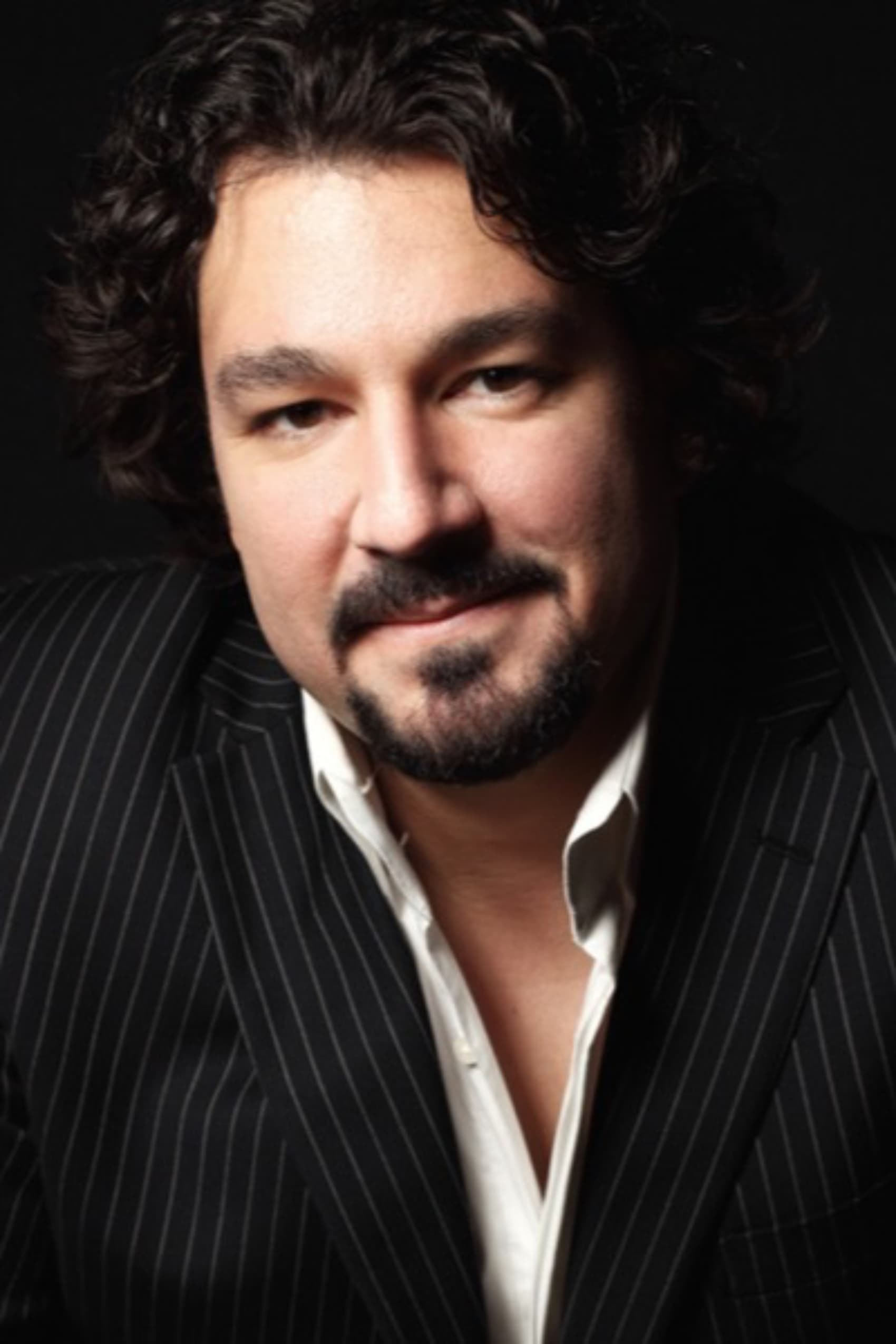

Liberation opera, revolutionary artwork, an ode to fidelity in love and utopian drama – Fidelio, Beethoven’s only opera, is all of these things. The numerous characterisations and interpretations add an aura of mystery to the opera but demonstrate above all that it is a unique work of musical theatre that expresses the hope for a humane future with justice and liberty for all. The stage direction is in the hands of the Ukrainian director Andriy Zholdak. His visual imagery, replete with symbols, is reminiscent of great film directors such as Andrei Tarkovsky and Ingmar Bergman. Using a distinctive style, Zholdak explores the deeper layers of the universal human drama of Fidelio. These layers can sometimes be difficult to follow.
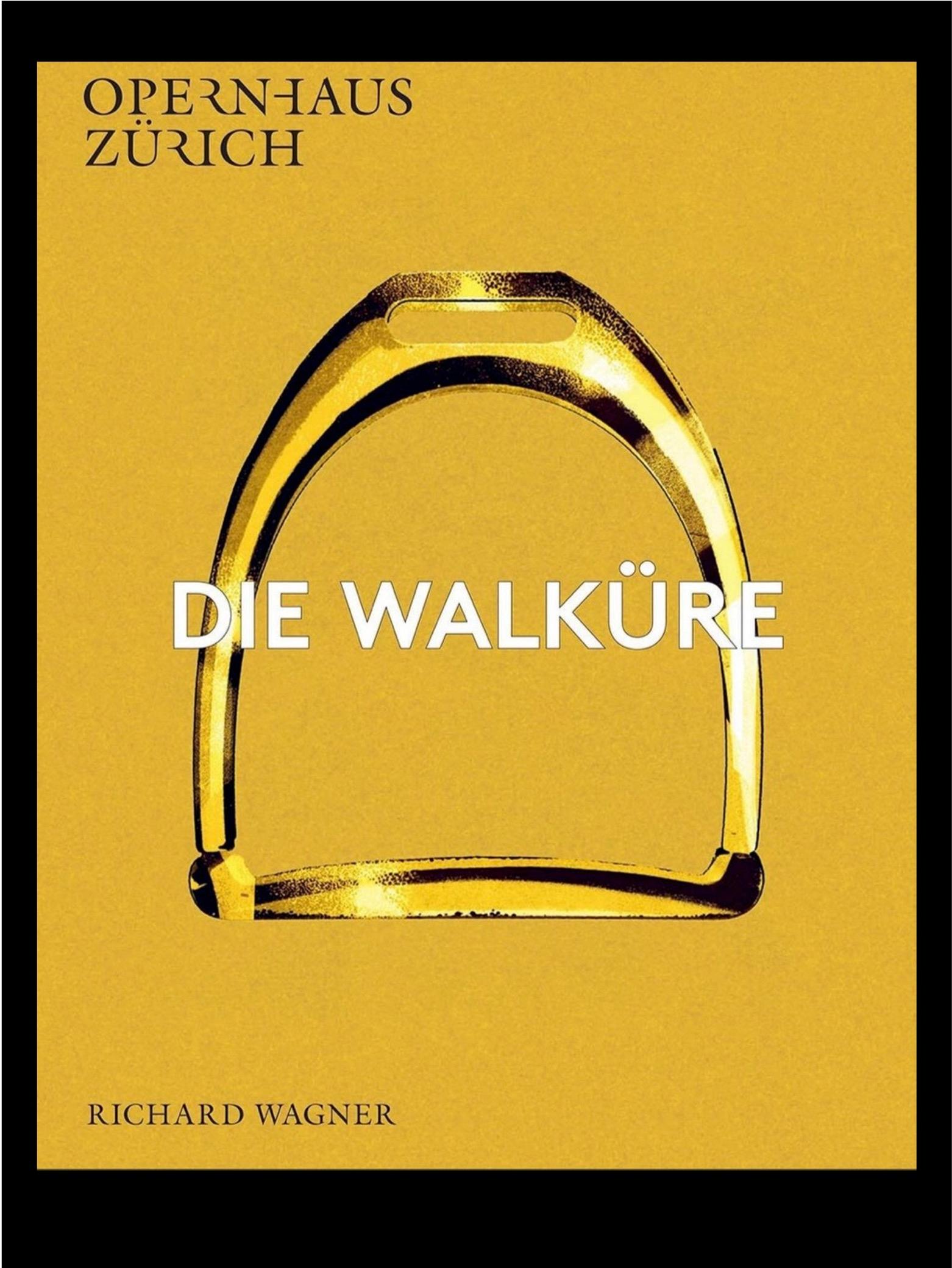
Der Ring des Nibelungen in a production of the Zürich opera house, recorded 2024. "Dramatic music-making at its finest". In the hands of General Music Director Gianandrea Noseda and Stage Director Andreas Homoki, Wagner's myth is represented as "a dysfunctional family of gods" (The Independent) in a polished yet unpretentious production that underscores the humanity of the characters, who are performed by the same exceptional cast of singers across all four operas.

The libretto of the most well known opera by Dvořak, which premiered in Prague in 1901, is inspired by the Czech version of the Central European folktale, one we also know as Undine (1811) by Friedrich de la Motte Fouqué or The Little Mermaid (1837) by Hans Christian Andersen.

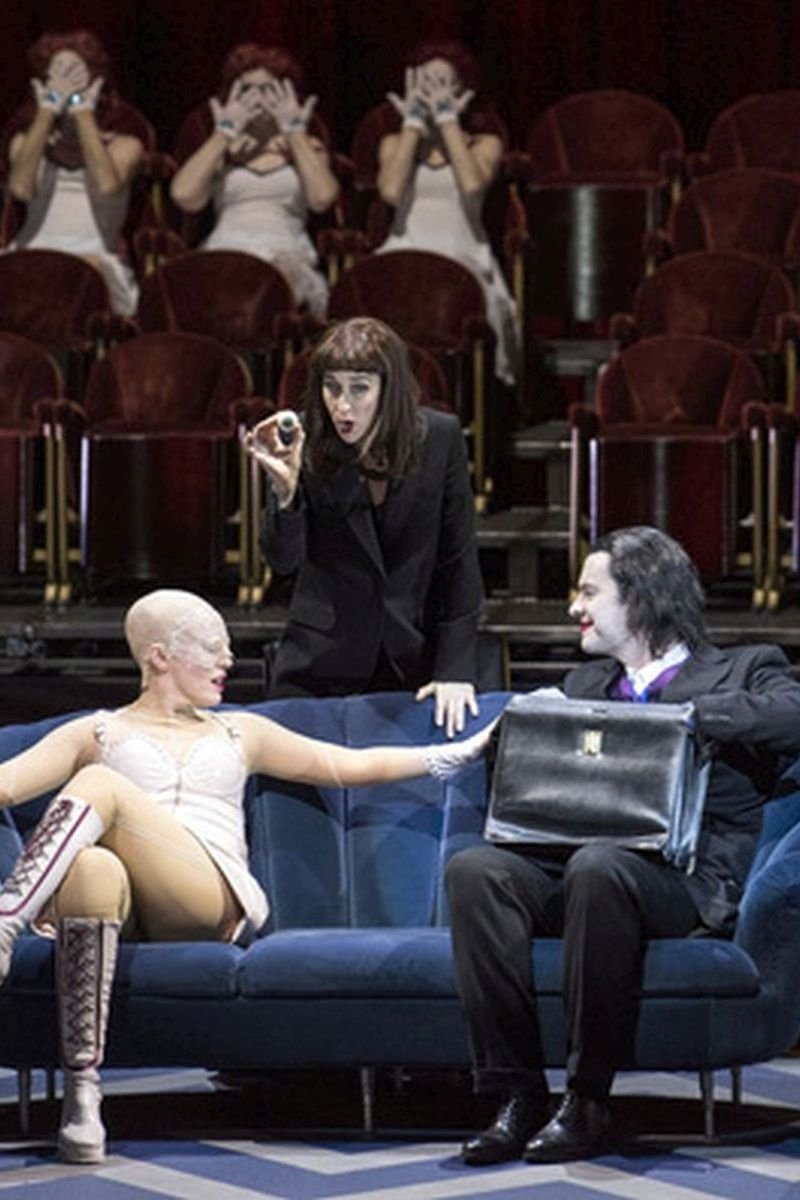
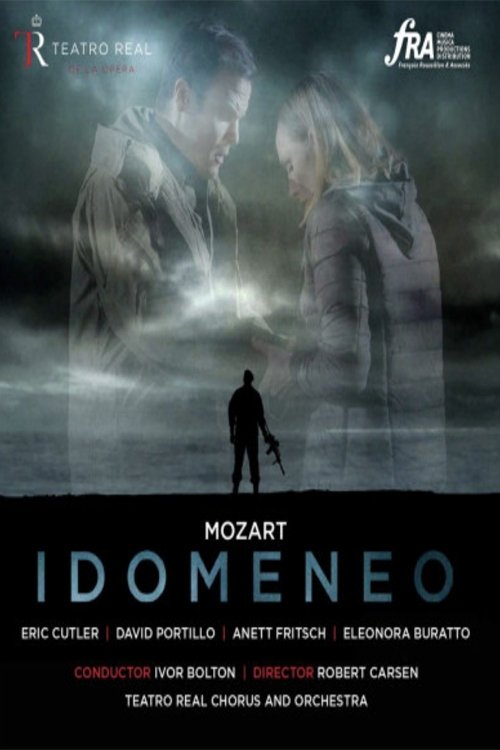
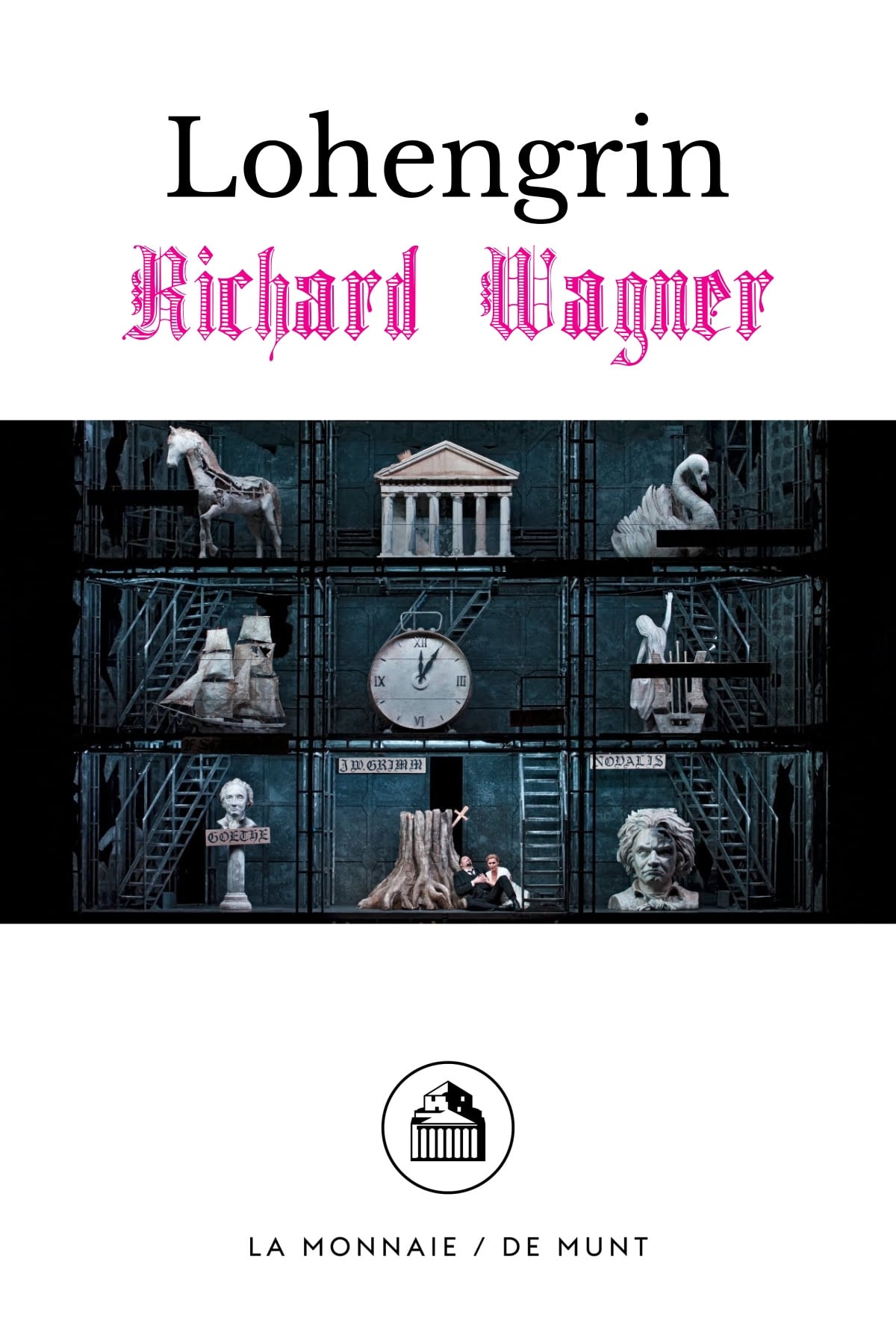
‘In reality, this Lohengrin is an entirely new phenomenon for the modern consciousness!’ Richard Wagner himself understood the innovative character of his sixth piece of music theatre, completed in 1848, the year of revolutions. Although it is reckoned among his ‘romantic operas’, his new vision of musical drama is already clearly heralded in this work. In his hands, the mediaeval saga of the Knight of the Swan becomes a meditation on the true love that asks no questions. Alain Altinoglu, our Music Director, who has already conducted this work in Bayreuth, guarantees the quality of the music, while the director Olivier Py, known at La Monnaie for his brilliant productions of Les Huguenots and Hamlet, can be relied on not to downplay Wagner’s revolutionary political side. Wagner’s own opinion was that ‘one can only understand Lohengrin if one can liberate oneself from any modern-looking, generalising form of representation so as to see the phenomena of real life’. A challenge to us all?
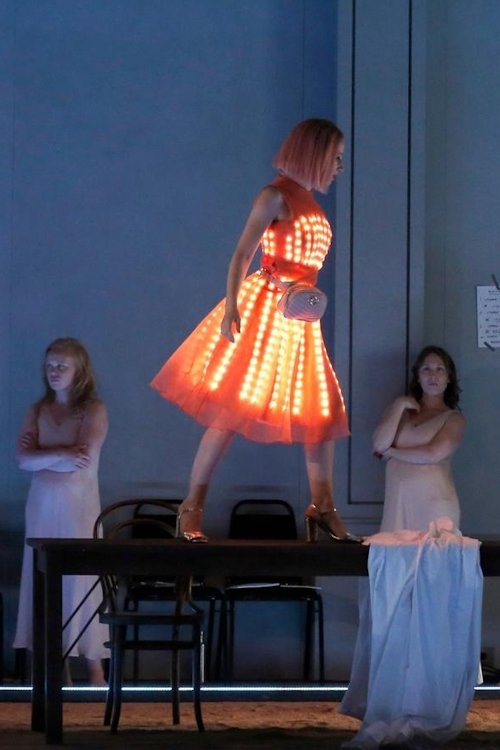
A staging of Richard Strauss' opera "Ariadne auf Naxos" by Katie Mitchell. Recorded at the Festival d'Aix-en-Provence.

Opera fantastique in five acts (1881), new version by Sylvain Cambreling & Christoph Marthaler. With Eric Cutler and Anne Sofie Von Otter. Teatro Real, filmed on 05/2014
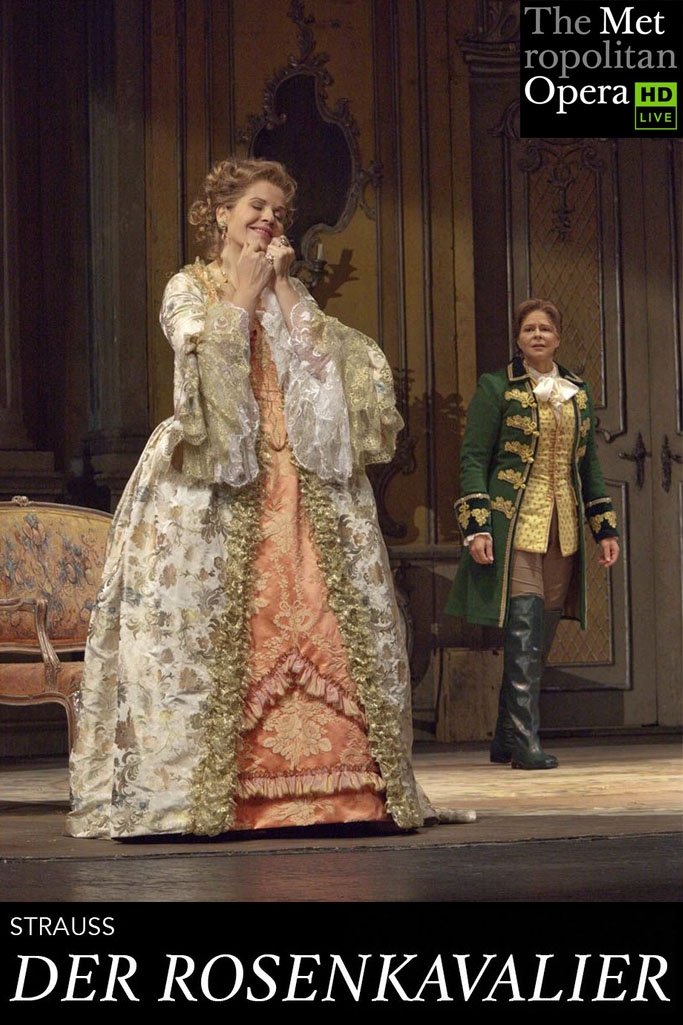
This production of Strauss’s most sumptuous work by director Nathaniel Merrill and designer Robert O’Hearn is almost as beloved as the opera itself. It perfectly captures the glittering never-land of rococco Vienna the way the Viennese—and the rest of the world—wish it had been, and it’s the ideal setting for an adult comedy of love and errors. Susan Graham is the aristocratic young Octavian, torn between two women: Renée Fleming as the Marschallin, the mature woman who understands that one day Octavian must leave her; and Christine Schäfer as Sophie, the young girl who unexpectedly captures his heart. Kristinn Sigmundsson is the lecherous Baron Ochs who sets the whirling plot in motion, and Edo de Waart conducts.
By browsing this website, you accept our cookies policy.